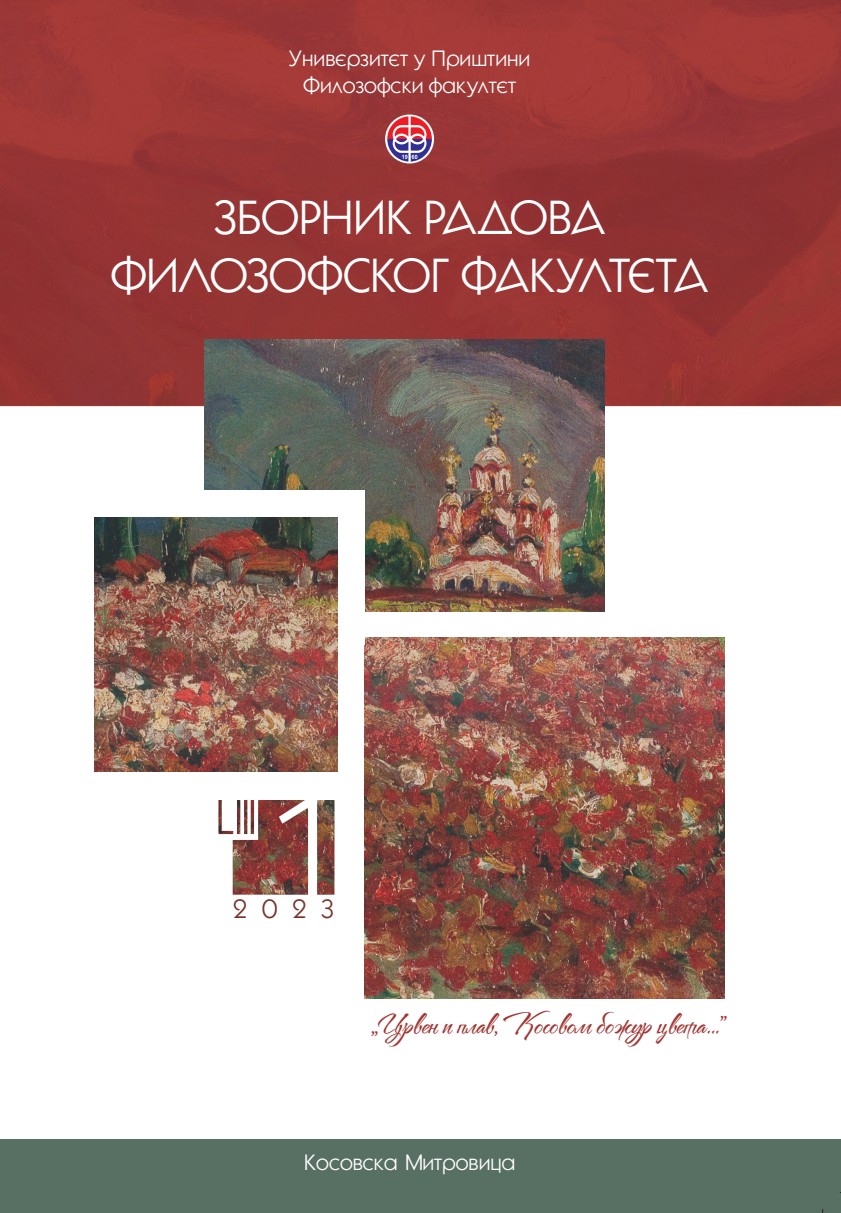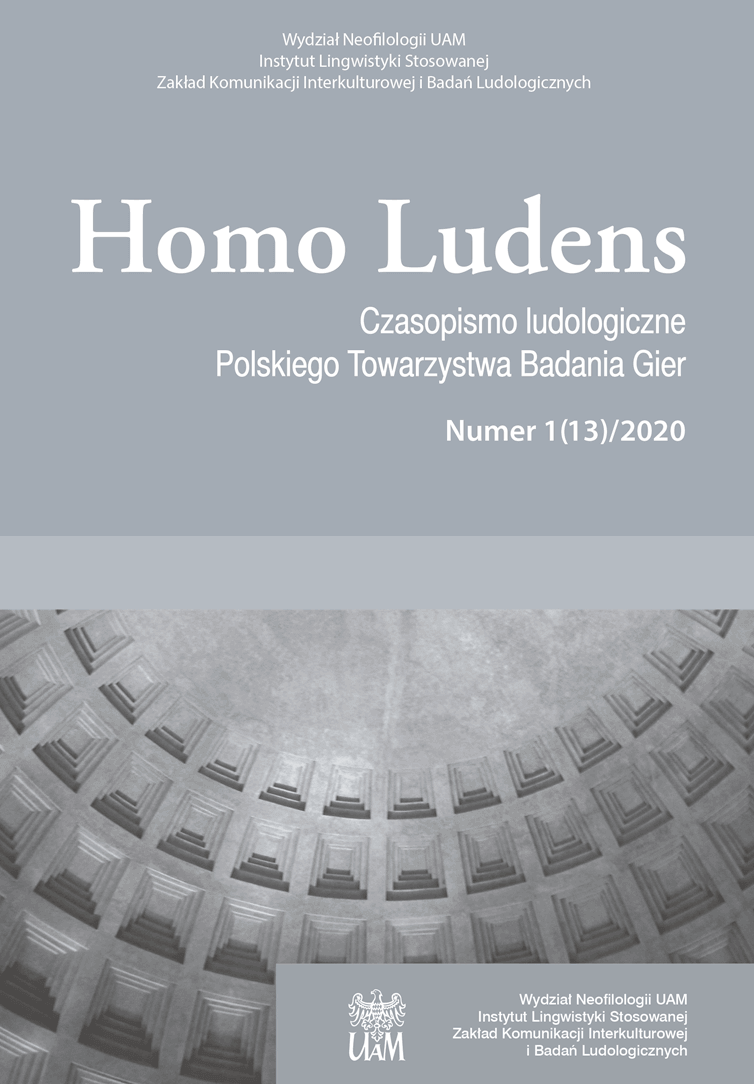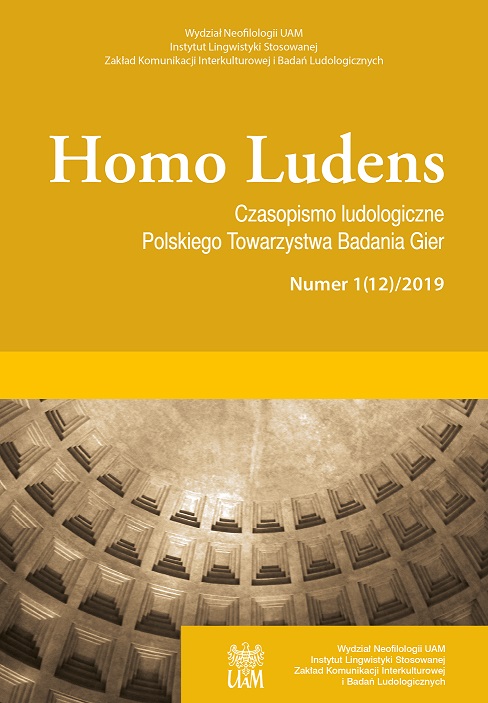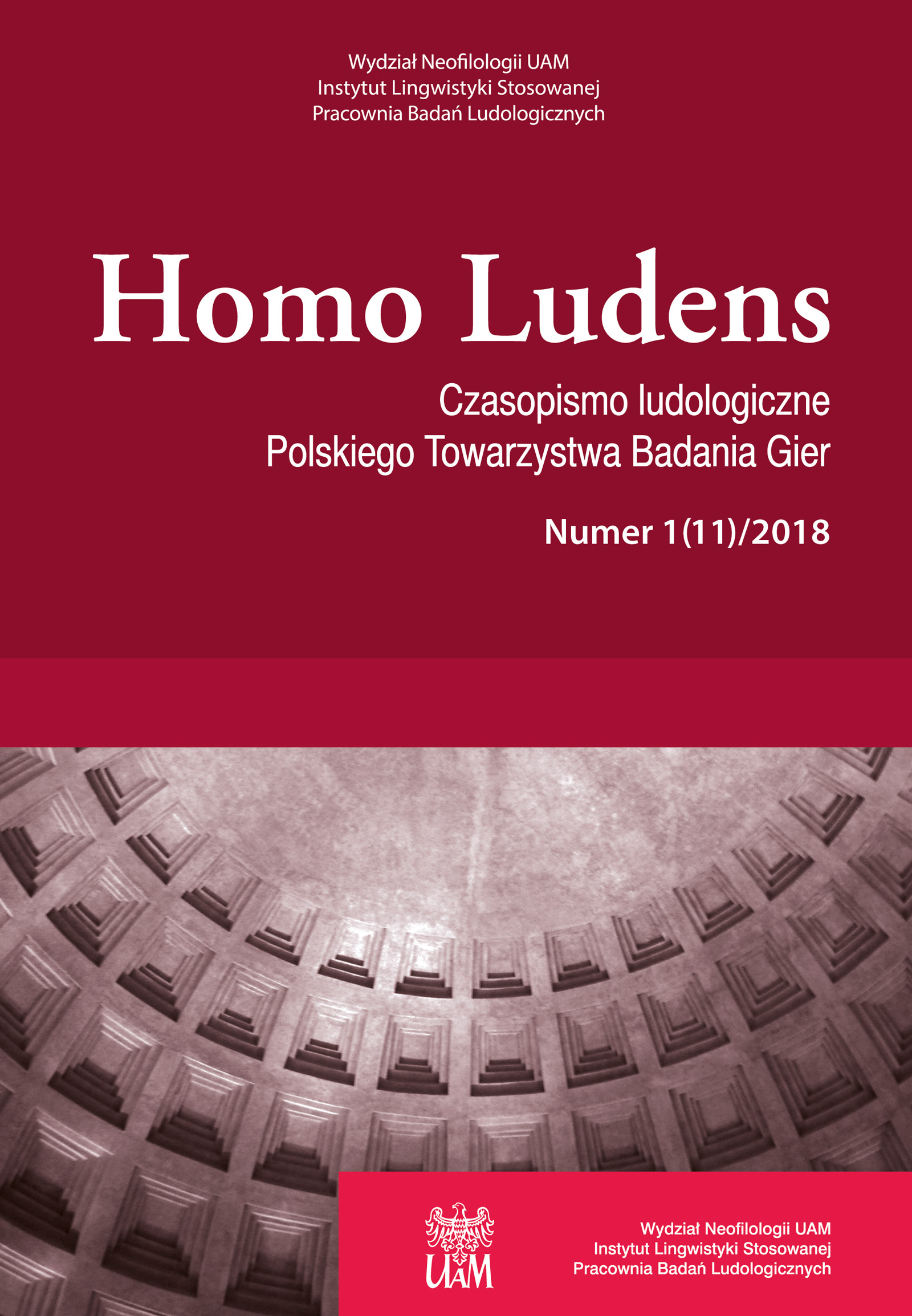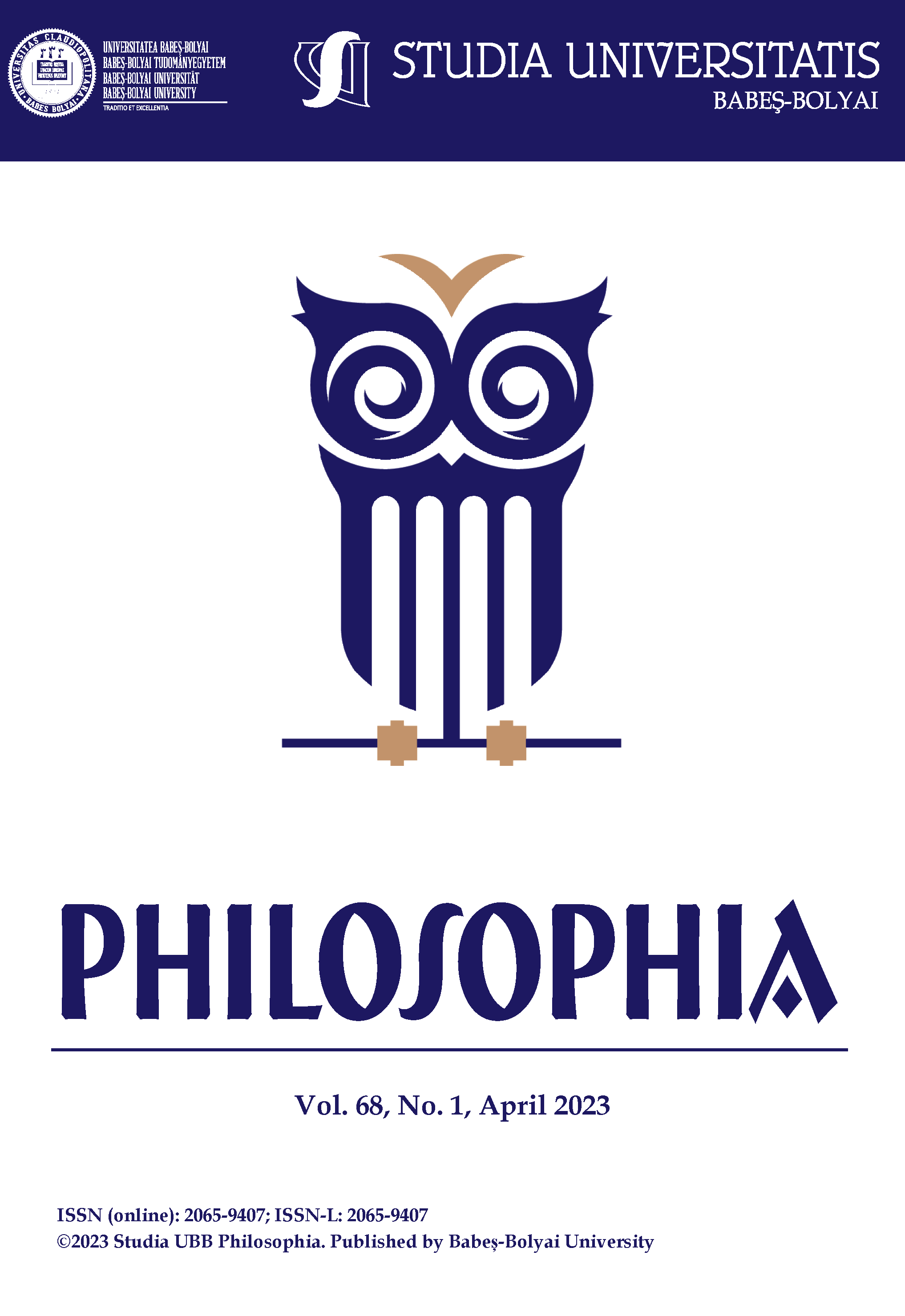
DAVIDSON ON TRUTH
DAVIDSON ON TRUTH
Keywords: Donald Davidson; meaning; truth; Truth-Conditional Semantics;
Truth-conditional semantics is by far the best-known philosophical contribution of Donald Davidson. The main idea of this approach is to explain the concept of meaning by appeal to the concept of truth. Accordingly, we understand a sentence s of a natural language L, if and only if, we know its truth-conditions. Challenging in its nature, this proposal immediately caught the attention of the philosophical community, being equally appreciated and criticized. The aim of this paper is to argue that Davidson’s approach is too optimistic in its goals. In my view, truth-conditional semantics is unlikely to be the best way to shed light on the concept of meaning. By appealing to Tarski’s semantic conception of truth and assuming a primitive concept of truth, this perspective leaves too many questions unanswered and thus proves its limits.
More...
